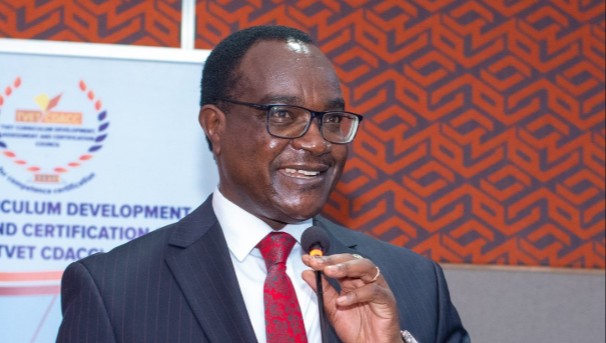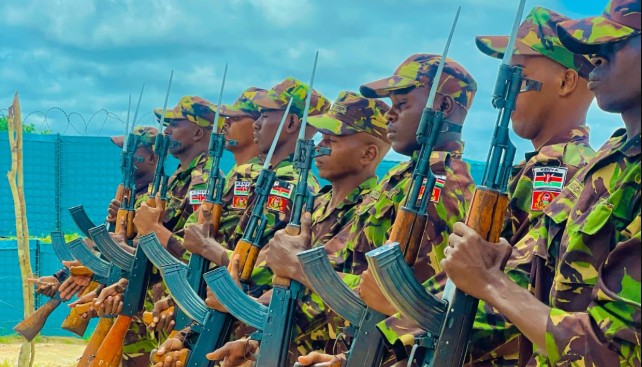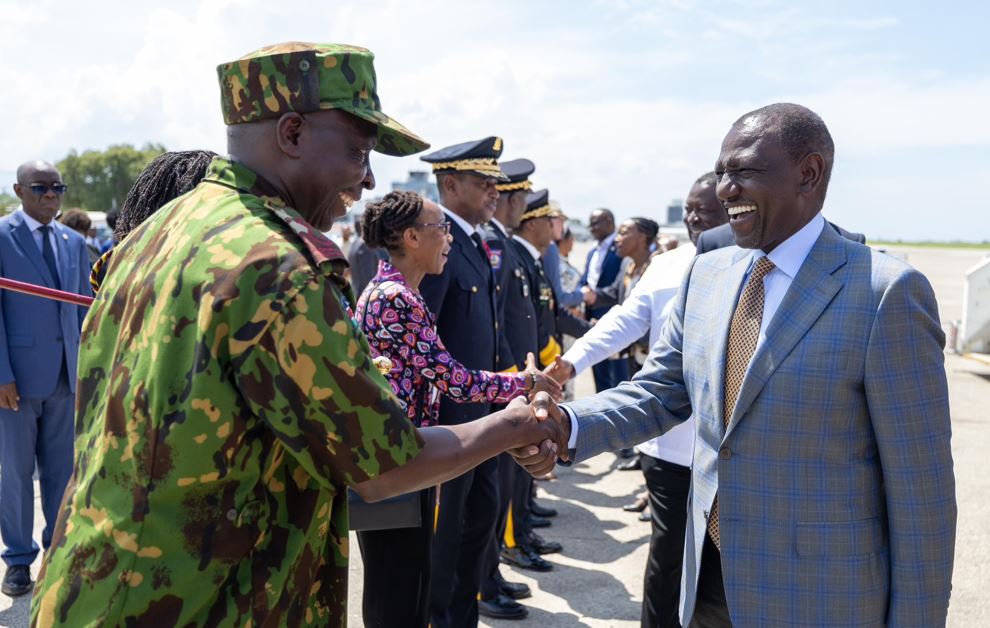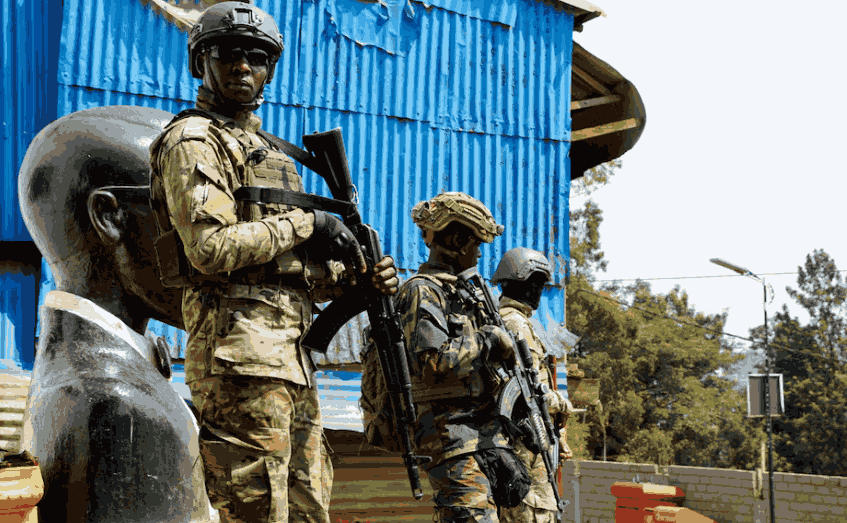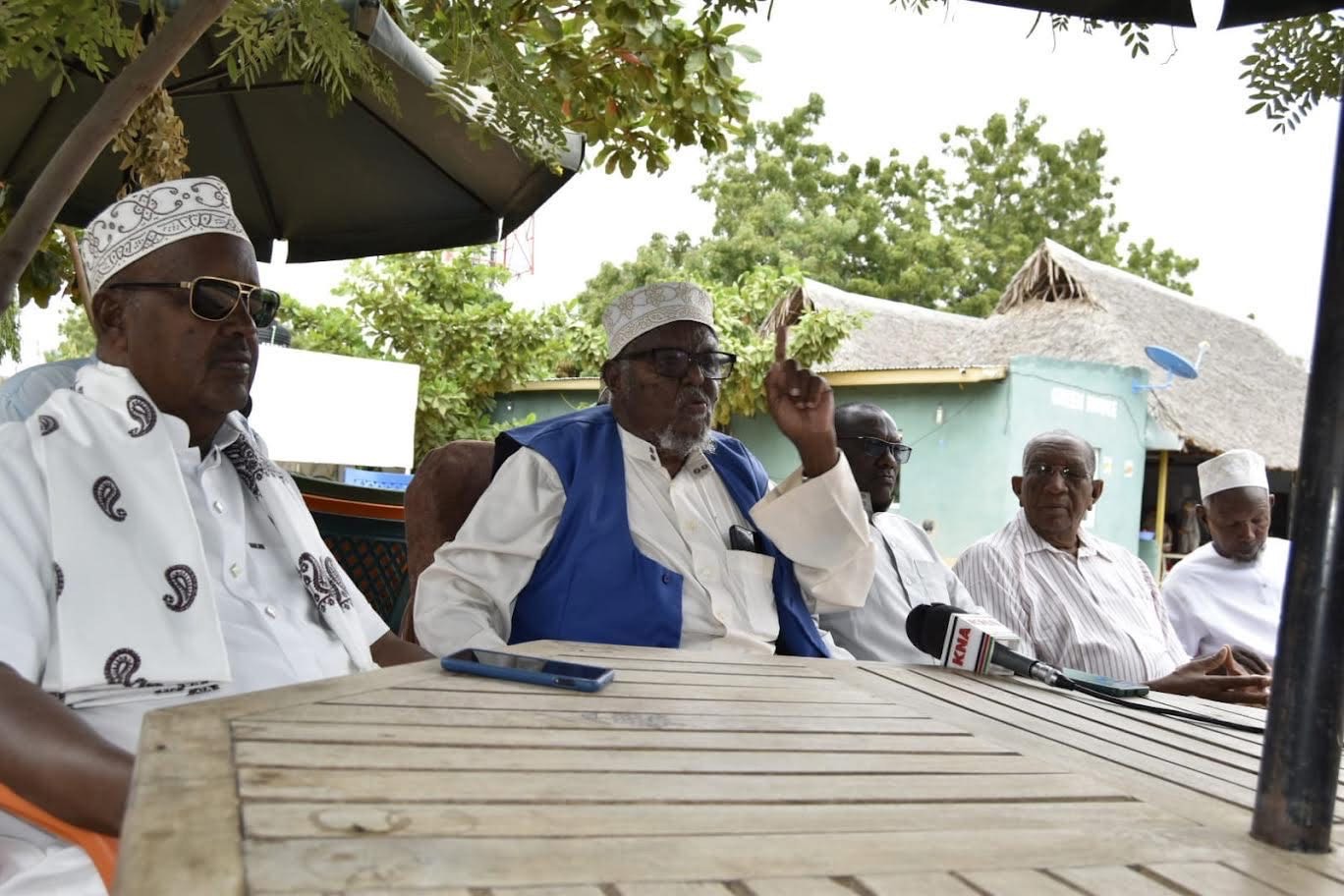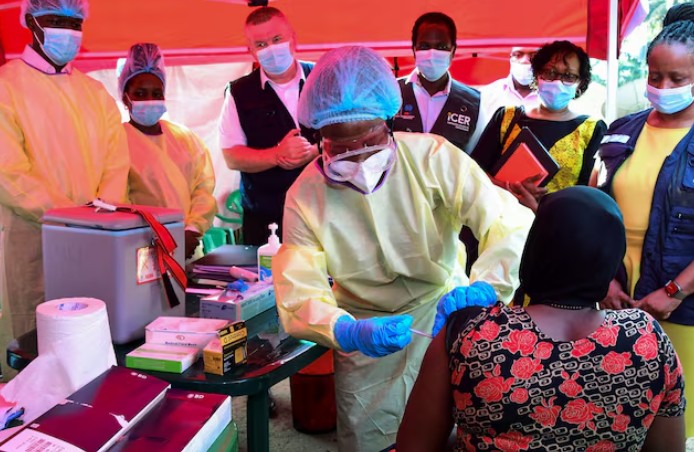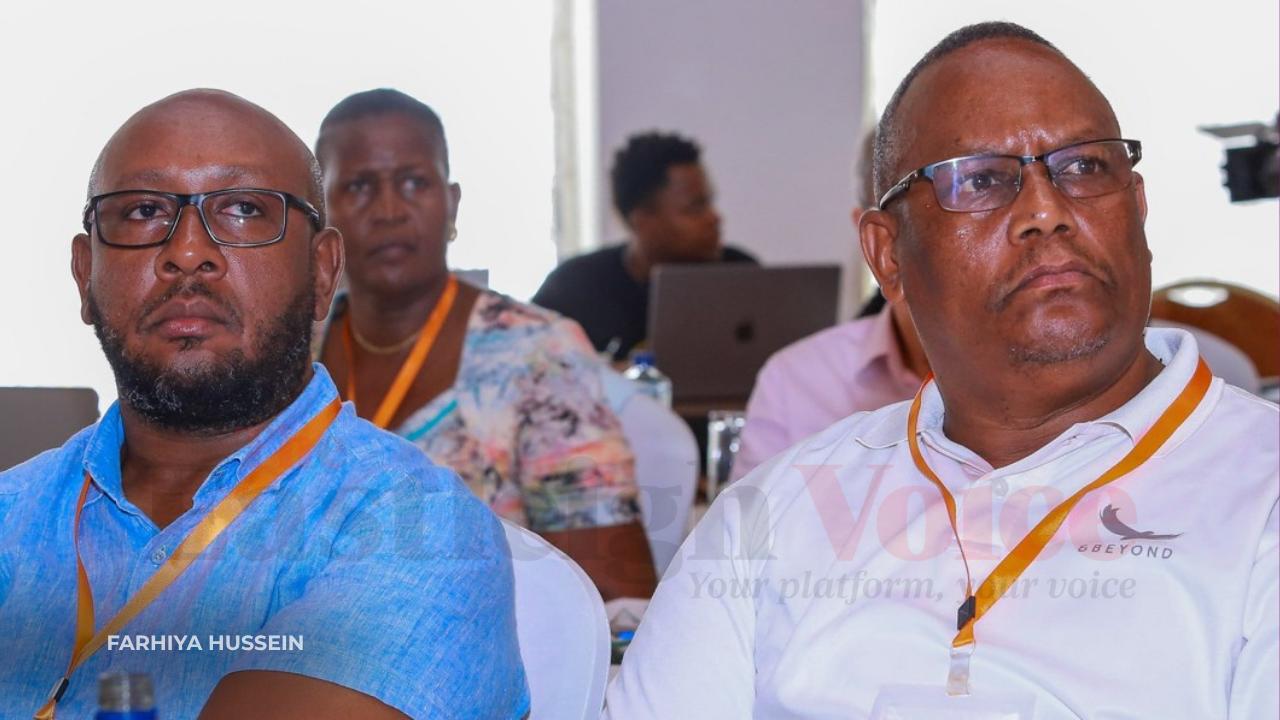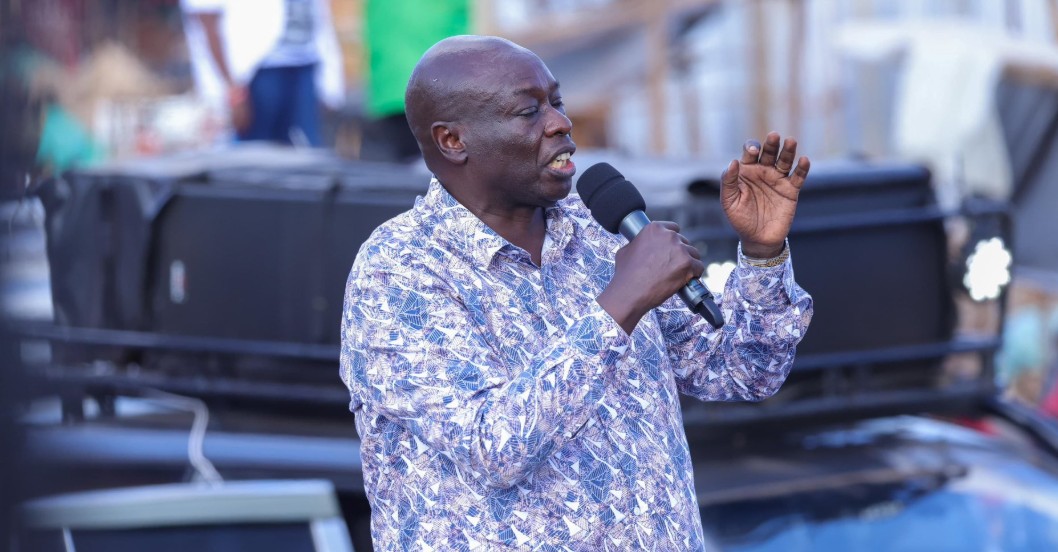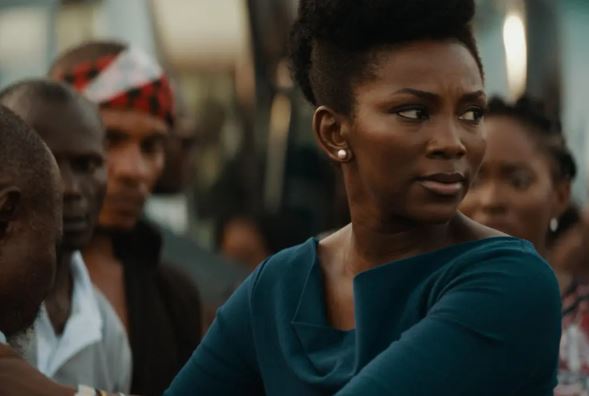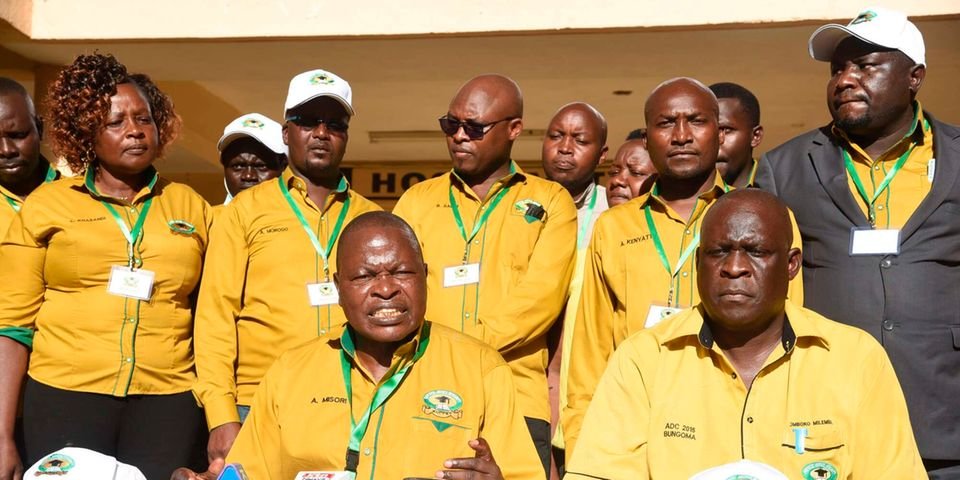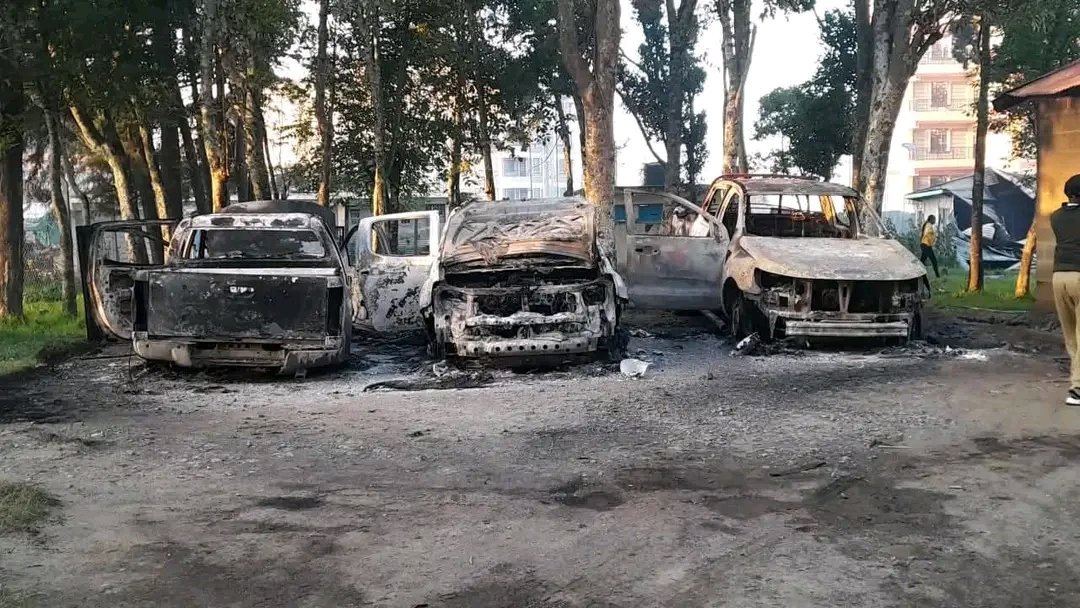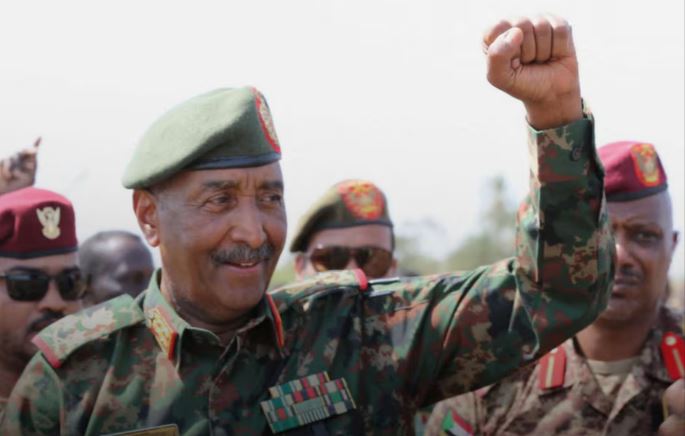Kenya shifts to neutral stance on Russia-Ukraine war in new foreign policy pivot
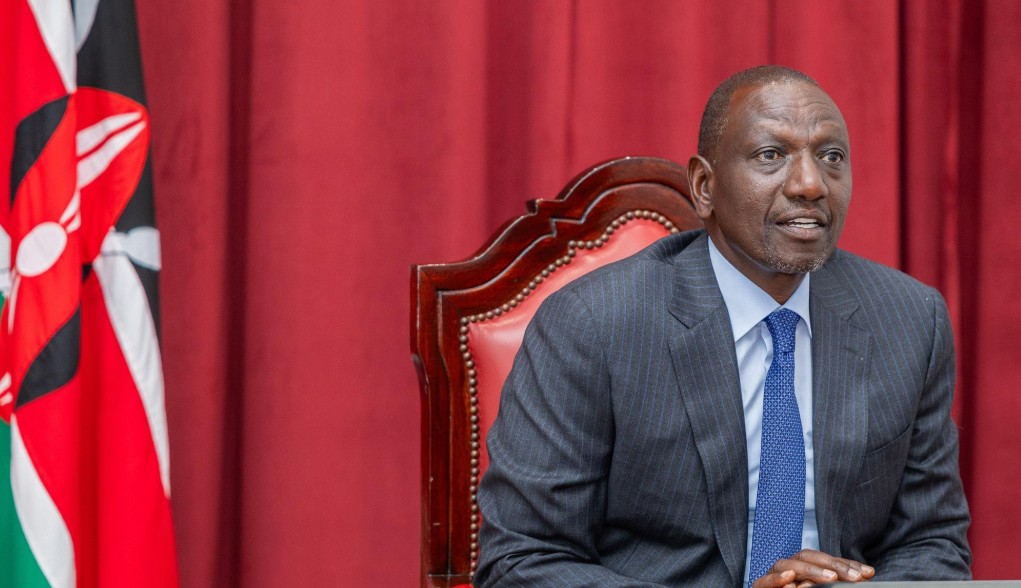
Kenya now aligns itself with the positions of the G77 and the African Group, both of which tend to adopt more balanced or non-aligned approaches to international disputes.
Kenya has subtly adjusted its position on the Russia-Ukraine conflict, moving away from its earlier, vocal criticism of Moscow's invasion toward a more neutral and non-aligned stance, as outlined in a newly approved foreign policy sessional paper.
The document, tabled and adopted by Parliament, states that Kenya now aligns itself with the positions of the G77 and the African Group, both of which tend to adopt more balanced or non-aligned approaches to international disputes.
More To Read
- How Kenyan girls are trafficked to Russia to assemble war drones
- Xi, Putin vow to counter Western tariffs, champion balanced world order
- Zelensky in South Africa for talks with Ramaphosa on Ukraine peace efforts, bilateral ties
- Kenyan youth ranked among world's most mentally strong, better than many in Western nations
- Trump seeks Russia’s help to mediate nuclear talks with Iran
- UK, European leaders join forces to draft Ukraine peace plan to take to US
"Kenya advocates for the pacific resolution of conflict and the equitable applicability of international doctrines, norms and customs, as well as the respect for fundamental freedoms guaranteed by sovereignty and territorial integrity," the paper asserts.
Ruto's rhetoric
This position marks a notable shift from President William Ruto's rhetoric last June at the inaugural Summit on Peace in Ukraine in Bürgenstock, Switzerland, where he joined Western leaders in condemning Russia's invasion.
Ruto at the time described Moscow's actions as both "unlawful" and "unjust."
Kenya's membership in the Ukraine Defence Contact Group—a coalition of over 50 states coordinating military assistance to Ukraine—had also underscored Nairobi's earlier alignment with the West.
Under former President Uhuru Kenyatta, Kenya's foreign policy was even more explicit.
At the United Nations Security Council, Kenya's then-Ambassador Martin Kimani delivered a scathing rebuke of Russia's recognition of breakaway regions in eastern Ukraine as independent republics, calling it a rejection of "diplomacy in favor of military force," and warning that such moves "put the international norm of multilateralism on its deathbed."
Kimani invoked Africa's colonial past, cautioning that Moscow's actions risked reigniting the "embers of dead empires."
Food security
This nuanced shift under Ruto reflects a broader trend across Africa, where many governments have chosen not to align explicitly with either Ukraine or Russia.
Analysts attribute this to factors such as concerns over food security, the perceived double standards in Western foreign policy towards Africa, and a desire to maintain non-alignment in a rapidly multipolar world.
Kenya's sessional paper highlights the country's challenge of walking a diplomatic tightrope—balancing its global commitments with regional and domestic interests.
It acknowledges that Nairobi, despite identifying as non-aligned, has often found it difficult to maintain a consistently neutral foreign policy line.
Top Stories Today
